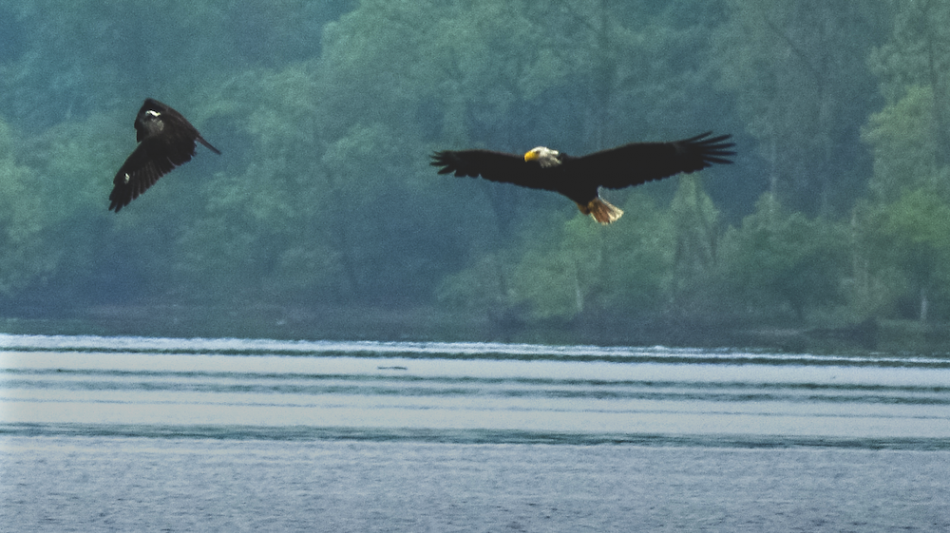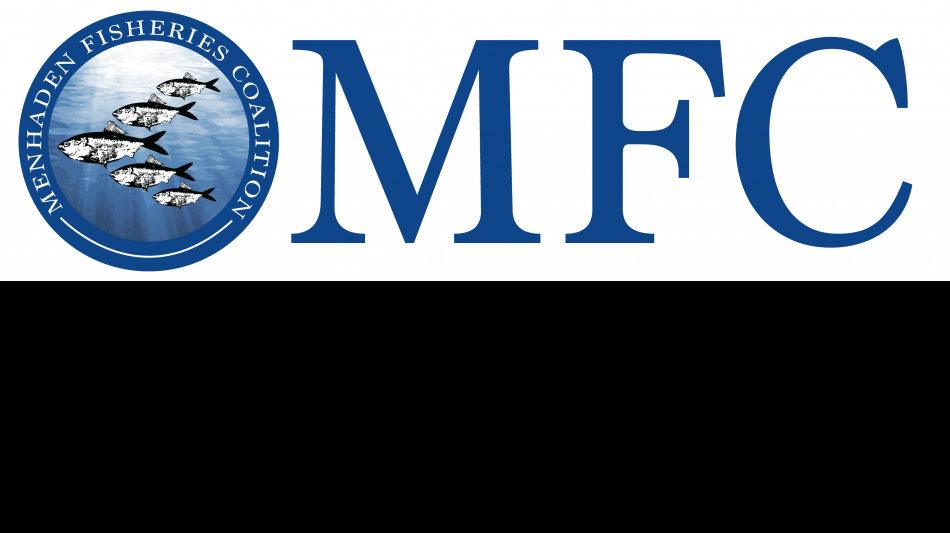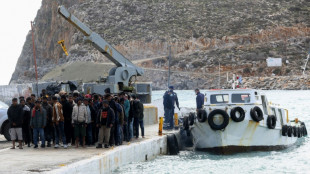

Menhaden Fisheries Coalition Responds to Inaccuracies in Osprey Story from "The SandPaper"
WASHINGTON, DC, AL / ACCESS Newswire / October 9, 2025 / The Menhaden Fisheries Coalition (MFC) is calling out an error-laden article published by The SandPaper, a newsmagazine based in Long Beach Island, New Jersey, titled "Menhaden Scarcity Leads to Bleak Outlook for Ospreys." The article is factually inaccurate, journalistically unbalanced, and overtly reliant on unsupported claims from a single advocacy group. MFC has repeatedly contacted The SandPaper's managing editor Jay Mann asking for corrections, but unfortunately, Mr. Mann has ignored our requests.
It is difficult to determine whether the article, written by Juliet Kaszas-Hoch, represents an effort at objective journalism or a promotional fundraising appeal on behalf of the Conserve Wildlife Foundation of New Jersey. Either way, it is riddled with factual errors, misleading insinuations, and one-sided narratives.

A bald eagle forces an osprey to relinquish its prey (Photo: Robert Blanton)
Key Omissions and Misrepresentations
The article failed to seek or include perspectives from the menhaden fishing industry. Numerous public statements, scientific reports, and contact listings are readily available online, yet no effort was made to reach out for balance or fact-checking. Instead, the piece relies almost exclusively on speculative commentary from nonprofit advocates.
Among the key factual clarifications:
No "dramatic decrease" in menhaden numbers: The article opens by stating that there has been a "dramatic decrease in numbers of menhaden…in the Atlantic Ocean." There is no scientific evidence to support this claim. The Atlantic States Marine Fisheries Commission (ASMFC), the interstate body that manages menhaden, has repeatedly found the species is not overfished and overfishing is not occurring. The fishery is certified sustainable by the Marine Stewardship Council, the international gold standard for seafood sustainability.
U.S. Vessels and Workers: While the article notes Omega Protein's relationship with Ocean Harvesters, it fails to clarify that Ocean Harvesters is a U.S.-based company employing American citizens, not Canadians. The claim that "two-thirds of the total amount of catch for the entire Atlantic coast is being removed by a Canadian company" is false. The menhaden fishing fleet is American-crewed, American-flagged, unionized (represented by UFCW Local 400), and primarily owned by U.S. stakeholders.
Osprey Populations and Scientific Findings: The article's central claim-that a lack of menhaden is causing osprey populations to collapse-is not supported by scientific consensus. It selectively quotes individuals while ignoring a May 2025 letter to Congress from the U.S. Geological Survey (USGS), which explained that osprey reproductive challenges are due to a range of ecological stressors, including weather, interspecies competition, and prey access. The USGS has found no direct link between the menhaden harvest and osprey nesting failures. In a recent Associated Press video, Dr. Dr. Bryan Watts, the same scientist cited in the article, stated that additional research is needed to determine whether climate change may be contributing to the trend.
No Evidence of Localized Depletion: The article recycles the unsubstantiated theory of "localized depletion" of menhaden in nearshore areas. Yet peer-reviewed stock assessments by ASMFC have found no evidence of localized depletion. Menhaden harvests occur primarily offshore and are tightly regulated under Ecological Reference Points (ERPs) designed to maintain balance between prey species and predator needs.
Slogan ≠ Science: The article repeats the oft-used phrase that menhaden are "the most important fish in the sea," a line from a book by Rutgers historian H. Bruce Franklin. While catchy, this is a rhetorical device, not a scientific conclusion. In reality, predator species depend on a diverse range of forage fish-including bay anchovy, herring, and sand lance-depending on geography, season, and biology.
A Call for Responsible Journalism
The Menhaden Fisheries Coalition urges The SandPaper to correct the factual errors and offer balanced coverage that includes the voices of those in sustainable commercial fishing-many of them unionized, based in New Jersey and Virginia, and actively engaged in conserving the resource.
To uncritically elevate activist slogans while ignoring science and failing to contact the fishing community is a disservice to readers and an abdication of journalistic responsibility.

About the Menhaden Fisheries Coalition
The Menhaden Fisheries Coalition (MFC) is a collective of menhaden fishermen, related businesses, and supporting industries. Comprised of businesses along the Atlantic and Gulf coasts, the Menhaden Fisheries Coalition conducts media and public outreach on behalf of the menhaden industry to ensure that members of the public, media, and government are informed of important issues, events, and facts about the fishery.
Press Contact
Menhaden Fisheries Coalition
(202) 595-1212
www.menhaden.org
SOURCE: Menhaden Fisheries Coalition
View the original press release on ACCESS Newswire
A.Olsson--RTC



